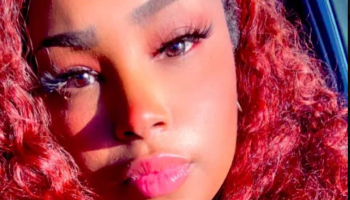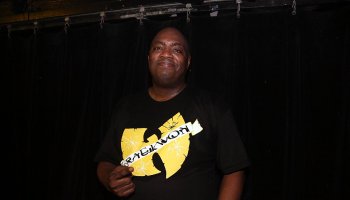Congratulations are in order for Dallas nonprofit organization, Pipeline to Possibilities in the film debut of season 2 of “Dear”, by Apple TV. The “Dear Ava” episode features and recognizes Four Dallas judges, who display their commitment to changing the trajectory of youth by educating them on various sectors of the justice system and inspiring them to become society’s next leaders.
Inspired by Ava Duvernay’s heartening documentary 13th, the program aims to combat the issues of the significantly high drop-out rates by providing children with a strong support system and a plethora of knowledge in being a fully-functioning members of society as well as equip them with legal knowledge to protect themselves against any and all situations.
The critically acclaimed documentary that motivated the cause, 13th, explores the “intersection of race, justice, and mass incarceration in the United States.” it is aptly so from the Thirteenth Amendment to the United States Constitution, adopted in 1865, which abolished slavery throughout the United States and ended involuntary servitude except as a punishment for conviction of a crime.
DuVernay says that although the Civil War came to an end, slavery itself, did not. In modern-day times, the criminalizing of behavior has empowered and even facilitated the arrest of the poor, forcing them to work under convict leasing.
Pipelines to Possibilities was created to address and combat the issues of black communities across the nation: being oppressed and disenfranchised by Jim Crow, the war on drugs heavily in minority communities, and the mass incarceration of Blacks in the nation.
Formed by four resilient Black women judges; Judge Amber Givens, Judge Shequitta Kelly, Judge Lisa Green, and Judge Stephanie Huff, the program was birthed in 2016 and consisted of the women traveling to various schools with a set curriculum for students to learn from.
Students learn about important concepts in the criminal justice system from the time they are arrested and fingerprinted to when the case is disposed of with life lessons about credit, consent, and education in between. The program has serviced well over 20 schools, and 1,000 students, and plans to service more.











